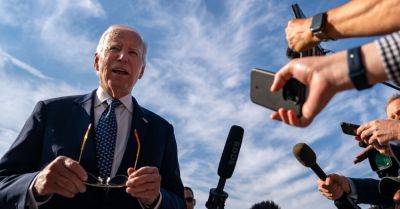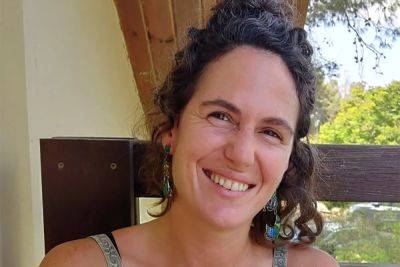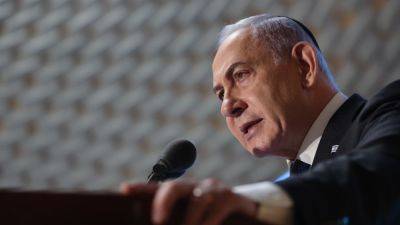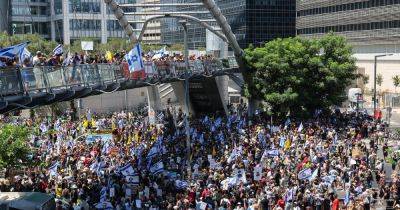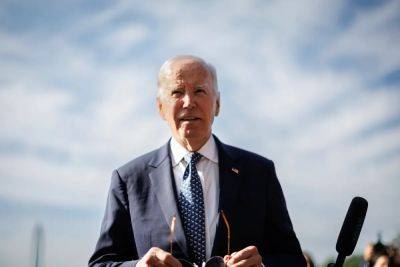Netanyahu rejects growing Israeli pressure to reach Gaza ceasefire deal
Israeli Prime Minister Benjamin Netanyahu on Monday pushed back against a new wave of pressure to reach a cease-fire deal in Gaza after hundreds of thousands of Israelis protested and went on strike and U.S. President Joe Biden said he needed to do more after nearly 11 months of fighting.
In his first public address since Sunday’s mass protests showed many Israelis’ furious response to the discovery of six more dead hostages, Netanyahu said he will continue to insist on a demand that has emerged as a major sticking point in talks — continued Israeli control of the Philadelphi corridor, a narrow band along Gaza’s border with Egypt where Israel contends Hamas smuggles weapons into Gaza. Egypt and Hamas deny it.
Netanyahu called the corridor vital to ensuring Hamas cannot rearm via tunnels. “This is the oxygen of Hamas,” he said.
And he added: “No one is more committed to freeing the hostages than me. But no one will preach to me.”
Israelis had poured into the streets late Sunday in grief and anger in what appeared to be the largest protest since the start of the current conflict. The families and much of the public blamed Netanyahu, saying the hostages could have been returned alive in a deal with Hamas. A rare general strike was held across the country on Monday.
Late Monday, several thousand demonstrators gathered outside Netanyahu’s private home in central Jerusalem, chanting, “Deal. Now.” and carrying coffins draped in the Israeli flag. Scuffles broke out when police snatched away the coffins, and several protesters were arrested. Thousands more marched outside Netanyahu’s Likud party in Tel Aviv, according to Israeli media.
But others support Netanyahu’s drive to continue the campaign in Gaza, which was triggered by Hamas’


